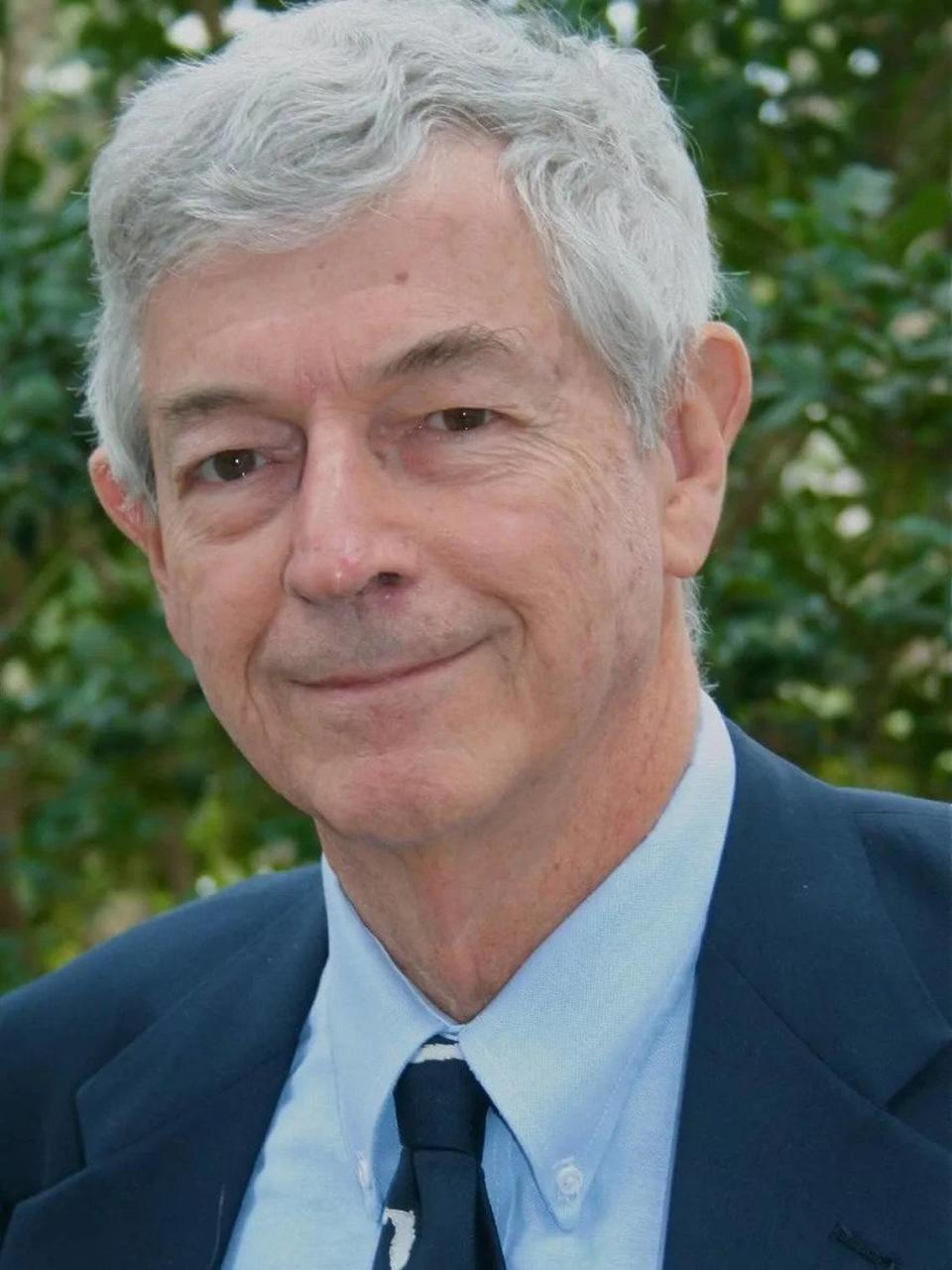Turns out, Jimmy Buffett, reared in New Orleans, was a ‘native son’ of Florida, after all | Opinion
Celebrity deaths make a splash in the news media, but only rarely do they warrant attention on newspapers’ opinion pages and cable TV’s talk fests. Pundits — properly, if sometimes depressingly — prefer to ponder the weighty topics alluded to in the title of humorist P.J. O’Rourke’s book “All the Trouble in the World.”
That the subtitle for that 1994 book was ‘’A Lighter Side of Overpopulation, Famine, Ecological Disaster, Ethnic Hatred, Plague and Poverty” reminds us that fears of doom and gloom are nothing new, and the current angst about issues such as climate change, China, and “the end of U.S. democracy” may be overblown.
That said, some celebrities — actors, athletes, and musicians — have led lives that had impacts on our culture and society well beyond their chosen fields. Jimmy Buffett, who died last Friday at 76, was one of them.
A Herald editorial beautifully and concisely paid tribute to Buffett’s achievements as an entertainer and entrepreneur, and it duly took note of his impact on Key West — and Key West’s impact on him.
The mention of Key West was welcome after some of the national media’s initial reports focused almost entirely on Buffett’s so-called formative years in New Orleans and failed to mention the Southernmost City — even as those news reports had “Margaritaville” softly playing in the background.
In reading The Herald’s editorial while hoping to write something about Buffett, I was reminded of the remark a friend made at a funeral when he delivered the third and final eulogy for a beloved college administrator: “Everything that needs to be said has been said, but not everybody has said it yet.”
If I may, here are a few other observations about Jimmy Buffett and, in particular, his advocacy for Florida’s natural environment. We could begin in Key West, which for many years was his home base.
At a time in the 1970s, when virtually every seashore and bayfront in Florida was destined to be lined with high-rise hotels and condos authorized by public officials who were gung-ho for growth, Buffett composed many songs that provided a mirror for Key West residents to see that avoiding such a fate was the best course of action for a town where the drinking water has to be piped in from the distant mainland.
This realization was timely because Key West’s Naval base had closed in 1974, hurting the local economy, so there was an understandable temptation to lure ever-larger waves of tourists by approving additional accommodations for them.
Moreover, Monroe County’s pro-growth government had allowed some dubious developments to be built in unincorporated areas such as Key Largo, which — in case of a mass evacuation — at least has the advantage of being 113 miles closer to mainland Florida than Key West is.
Fortunately, Key West, as a municipality in control of its own fate, fended off the kind of population growth that has altered the look, feel and character of so many of Florida’s waterfront communities. In fact, the city now has a smaller population than it had in 1960.
Buffett’s laid-back music, with its appreciation of Key West’s slower pace, likely contributed to the city’s resistance to emulating the look, feel and frenetic pace of Florida’s overbuilt waterfront communities.
Beyond his music’s impact on Key West, Buffett took a keen interest in Florida’s natural environment. In 1981, he and Gov. Bob Graham co-founded the not-for-profit Save the Manatee Club, which has called attention to the plight of this endangered species of aquatic mammal and successfully lobbied for legislation to protect it.
Buffett promoted the creation of Florida’s Save the Manatee license plate, which now ranks among the state’s most popular specialty plates. He also played a role in — and supplied the musical score for — the movie adaptation of Carl Hiaasen’s pro-environment book “Hoot,” a humorous — and scathing — critique of elected officials’ obsession with growth at any price, no matter the collateral damage.
Buffett was credible and his environmental advocacy was effective because, unlike many celebrities, his public persona remained that of the down-to-earth, laid-back dude reflected in his music.
Finally, for the thousands of workers whose careers have been disrupted by technological changes, environmental disasters, cheap foreign imports, hedge funds’ greed, and other factors, there may be comfort in knowing that they’re not alone thanks a key line in Buffett’s musings about middle age in “A Pirate Looks at 40.”
Like that song’s titular pirate, who’s “an over 40 victim of fate” for whom “the cannons don’t thunder and there’s nothing to plunder,” many Americans now face the sad reality of the worst kind of occupational hazard: “occupation’s just not around.” While Buffett’s feel-good genre of music won’t solve this kind of problem, there are times when his songs — and, perhaps, a couple of margaritas — may ease the pain.


